Your brain has a fascinating cleaning system that activates during sleep. Think of it as a highly sophisticated maintenance crew that works the night shift. But recent research has unveiled a disturbing truth: when you don't get enough sleep, this cleaning system goes haywire – and your brain starts to eat itself.
In groundbreaking research led by neuroscientist Michele Bellesi, scientists discovered that chronic sleep deprivation causes the brain to clear away an alarming number of neurons and synaptic connections. Even more concerning? This damage might be irreversible.
Here's what happens: Your brain has two types of glial cells (think of them as the nervous system's maintenance team):
- Microglial cells: The garbage collectors that clear out old and worn cells
- Astrocytes: The renovators that prune unnecessary synaptic connections
During normal sleep, these cells work in perfect harmony. But when sleep deprivation kicks in, they go into overdrive. It's like having cleaning staff who, instead of just removing the trash, start throwing out your furniture and family photos too.
EMF Radiation: The Silent Sleep Stealer
This is where EMF radiation enters the picture. Multiple studies have shown that exposure to radiofrequency electromagnetic fields (RF-EMF) is one of the most common causes of sleep problems in our modern world. But how exactly does EMF impact your sleep?
- Melatonin Disruption: EMF interference disrupts your body's production of melatonin, the crucial sleep hormone. It's like having a constant light shining in your brain, telling it to stay awake.
- β-trace Protein Reduction: Research has revealed that long-term exposure to cell phones and digital devices lowers levels of β-trace protein, an enzyme that produces sleep-promoting neurohormones. The areas most affected? Those right under your skull – exactly where you hold your phone.
- Increased Sleep Latency: A study published in Nature and Science of Sleep found that simply having a mobile phone near your pillow correlates with:
-
- Increased time to fall asleep
- More sleep disturbances
- Greater daytime sleepiness
When EMF and Sleep Loss Attack Your Brain
When you combine EMF exposure with sleep deprivation, you're facing a dangerous double threat. Here's what happens:
- EMF radiation disrupts your natural sleep patterns and melatonin production
- This leads to poor quality sleep and sleep deprivation
- Sleep deprivation triggers excessive astrocyte activity
- Your brain's maintenance system goes into overdrive
- Critical neural connections start getting destroyed
The research shows that in chronically sleep-deprived subjects, astrocytes were active across a shocking 13.5% of synapses – more than double the normal rate. Even more alarming, this triggered increased microglial activity, which has been linked to various neurodegenerative diseases, including Alzheimer's.
Protecting Your Brain: Solutions for Better Sleep in a Digital World
The good news? You can take steps to protect yourself from this destructive cycle. Bodywell's EMF protection solutions offer a science-backed approach to reducing harmful radiation exposure:
- For Nighttime Protection: The BioCard Pro offers broad protection coverage during nighttime, ensuring better sleep quality.
- For Device Protection: The BioChip reduces radiation from phones and tablets by up to 80%, helping minimize EMF's impact on your sleep patterns.
Steps to Improve Your Sleep and Brain Health
Create a sleep-friendly environment by:
- Using EMF protection devices on all your digital equipment
- Creating an EMF-protected sleep sanctuary with BioCard Pro
- Establishing a regular sleep schedule
- Limiting screen time before bed
Remember, quality sleep isn't just about feeling rested – it's about protecting your brain from literal self-destruction. By addressing EMF exposure, you're improving your sleep and your long-term cognitive health.
Don't wait until poor sleep starts affecting your brain. Take action now with Bodywell's scientifically proven EMF protection solutions.

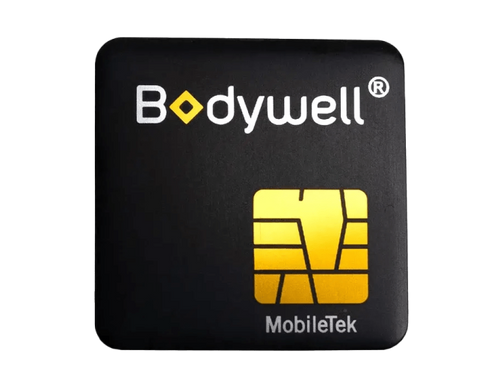
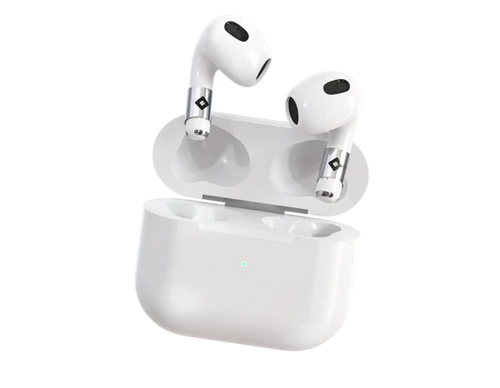
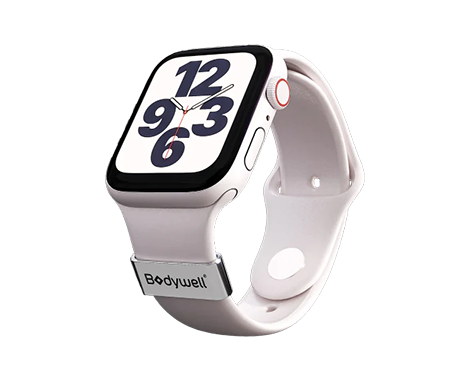











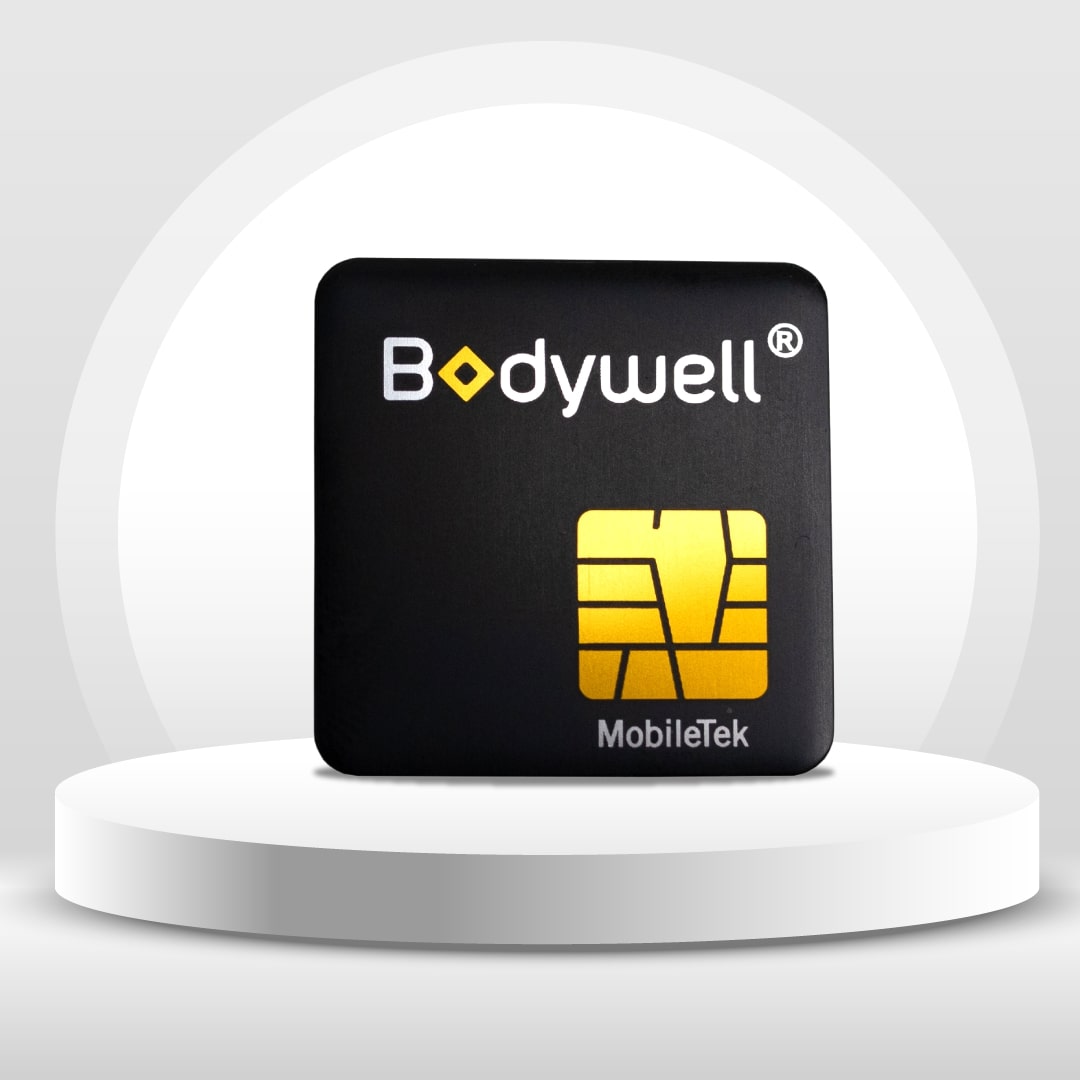
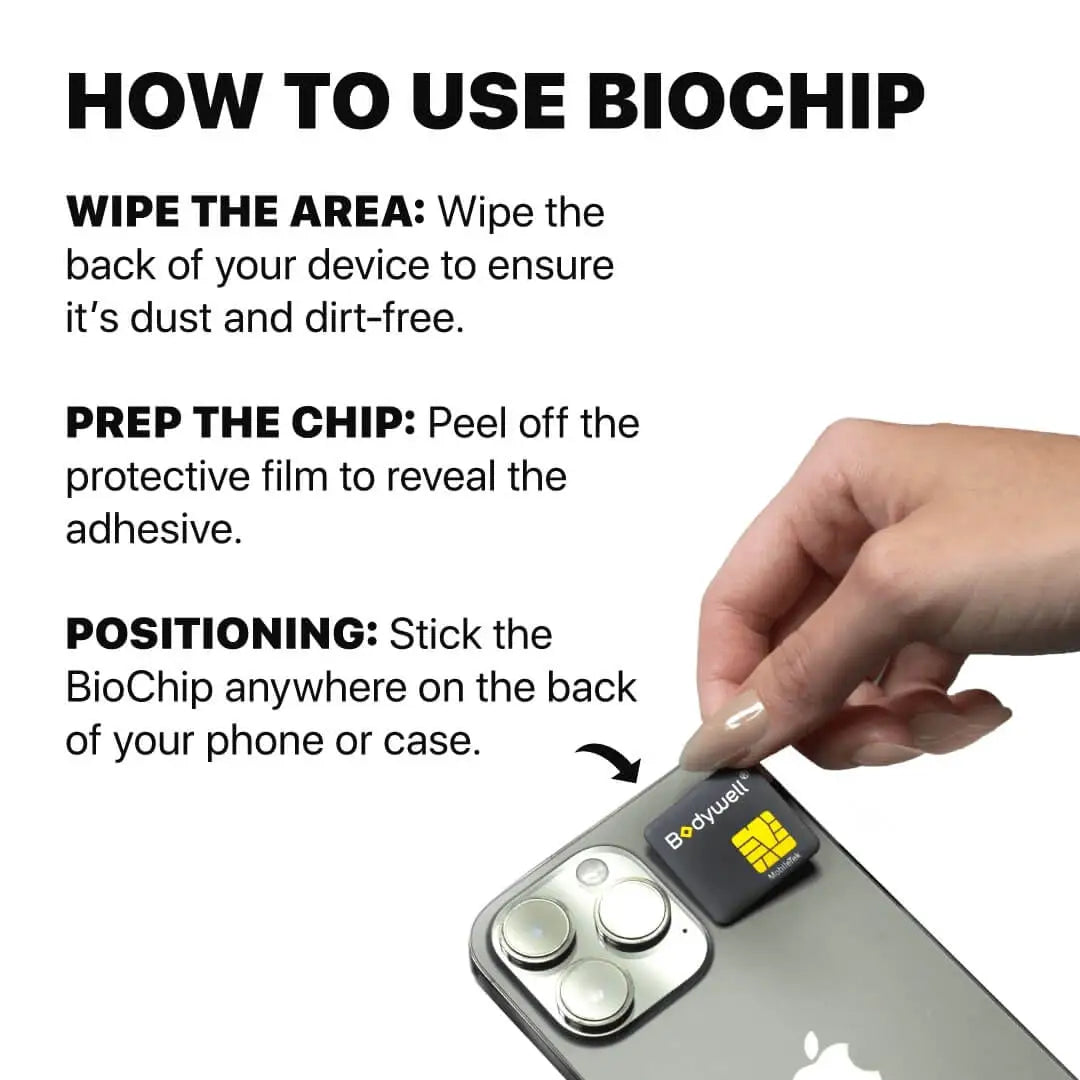


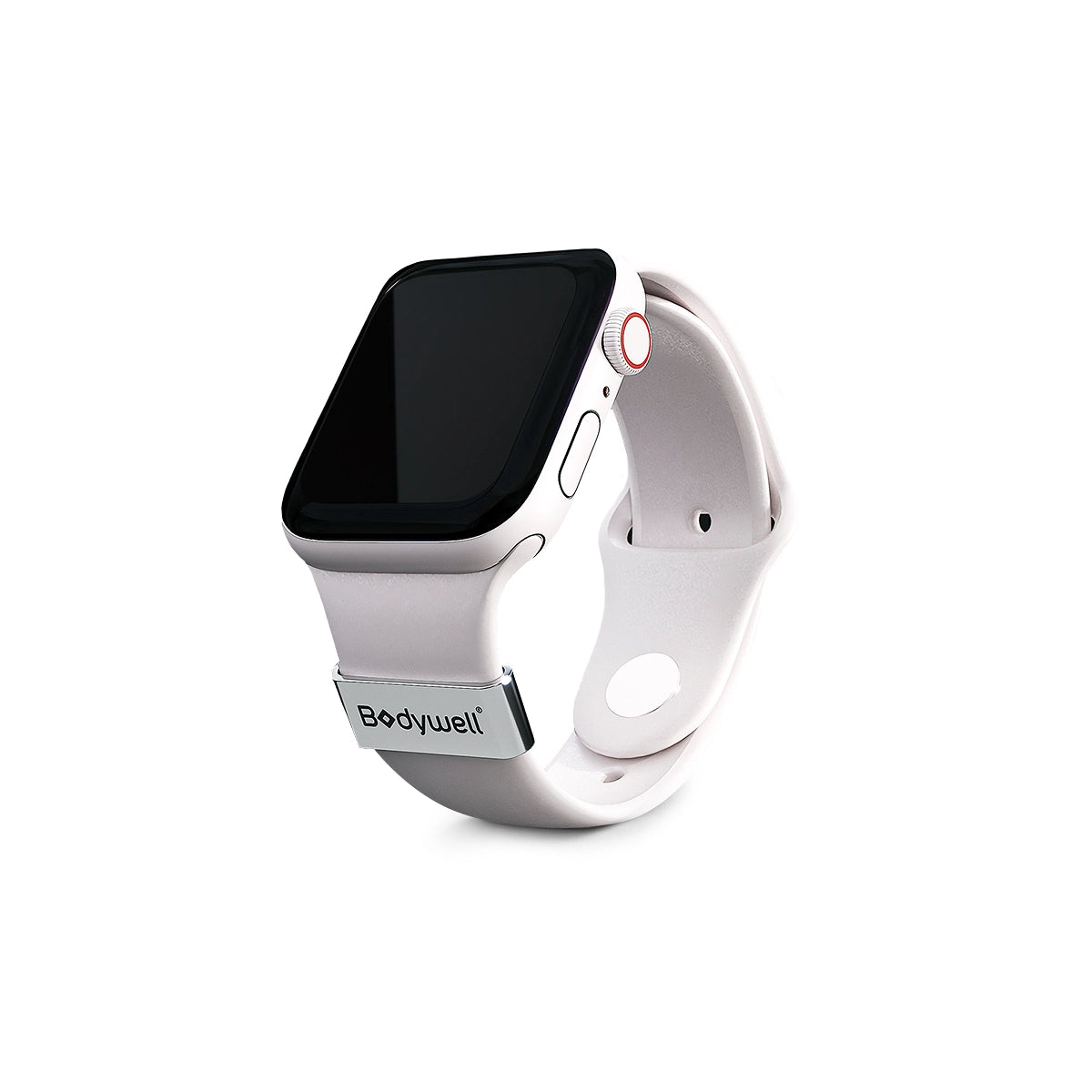
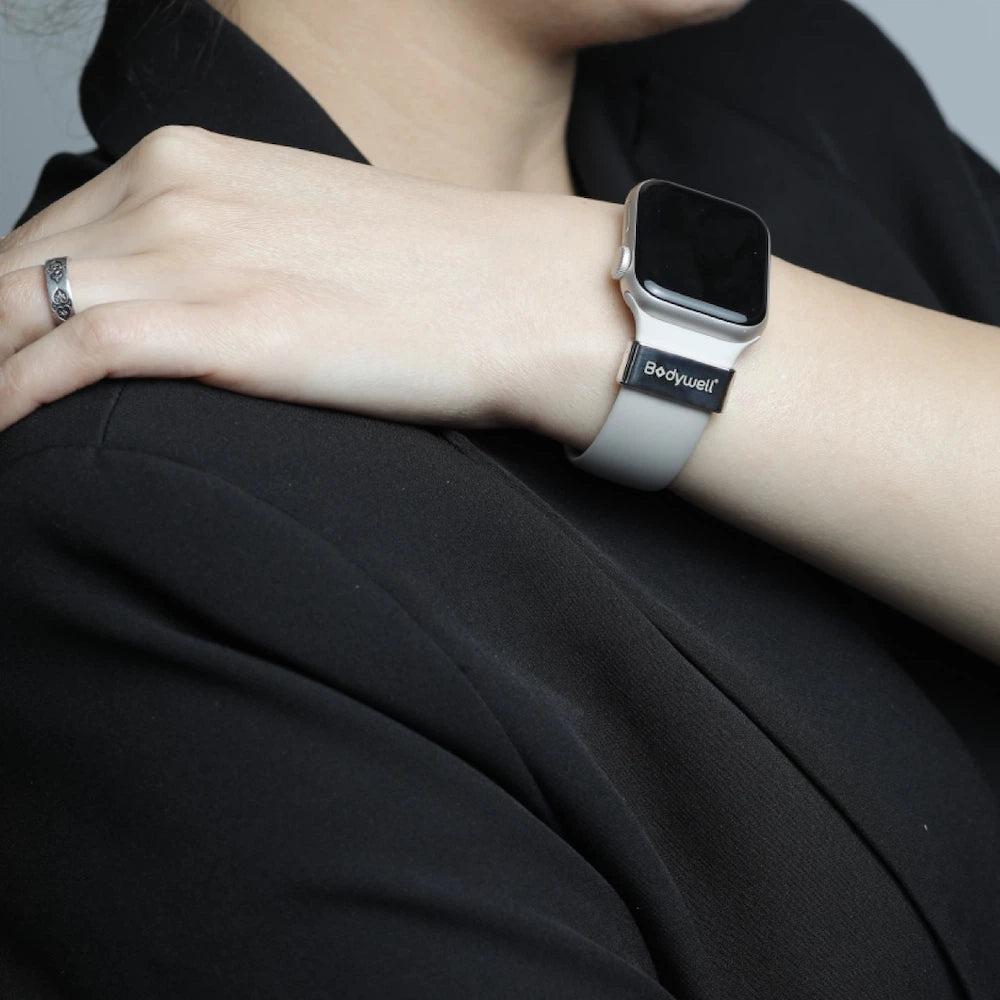
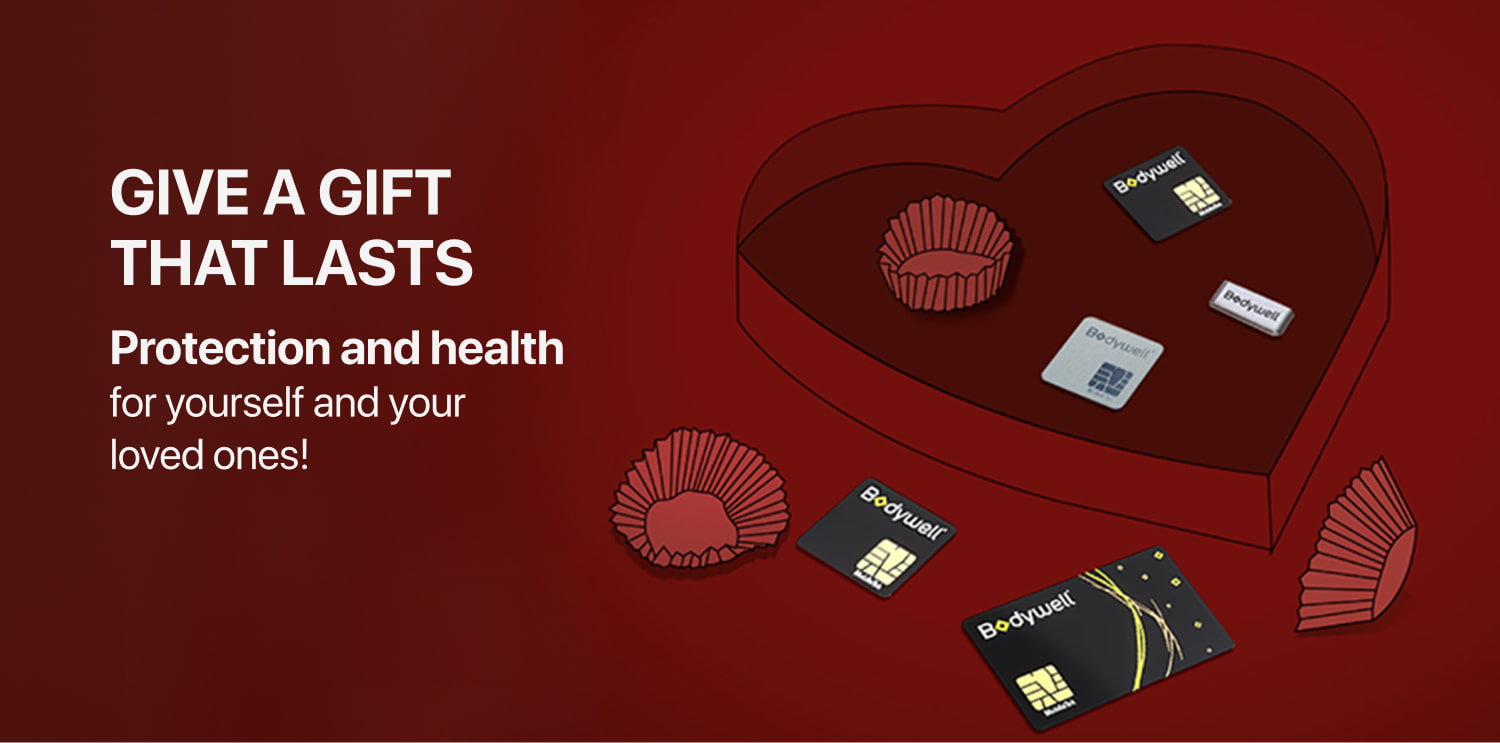
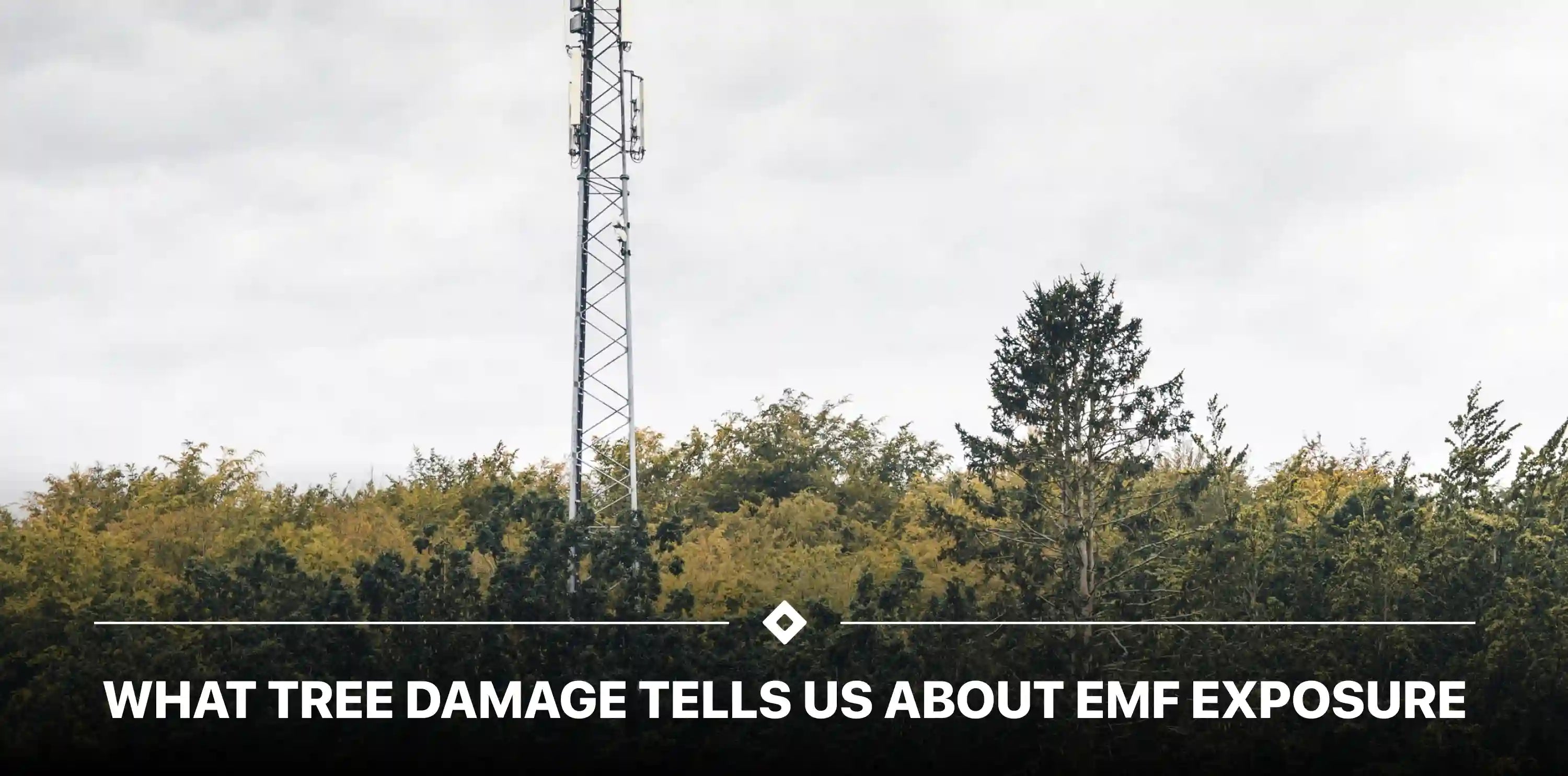
Leave a comment
This site is protected by hCaptcha and the hCaptcha Privacy Policy and Terms of Service apply.